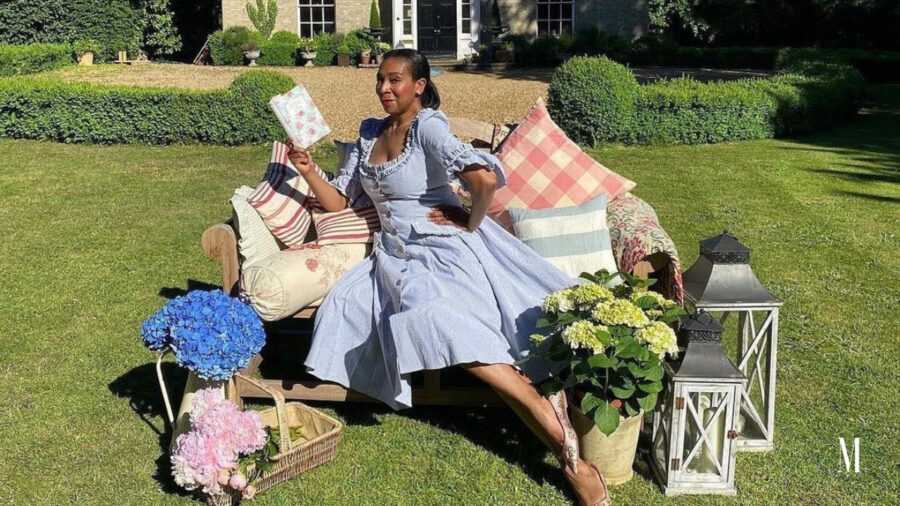As we emerge from the pandemic, life has changed entirely for many. With distance learning and working, a major shift in careers, locations, and relationship statuses, many feel brand new with fresh attitudes and a renewed sense of personal style to match.
In what many are calling ‘revenge dressing’, fashion enthusiasts are stepping out in all the experimental looks they’ve been unable to wear over these last two years of varying lockdown/social distancing. Aesthetics like kidcore, dark academia, and even Avant Apocalypse have been popping up everywhere.
Perhaps the most popular “cores” to emerge were the cottagecore, Princess-core, and modest fashion aesthetics.
Cottagecore celebrates simple living especially in a countryside or rural area. Wearers typically don frilly prairie-style dresses, sun hats, and lace gloves. They like to picnic and have never found a garden they didn’t enjoy.
Princess-core (also known as regency-core) was quickly popularized after the release of Netflix’s Bridgerton. Wearers raced to Etsy for corsets, opera length gloves, and padded headbands reminiscent of tiaras.
Modest fashion is not a new trend either. Popular amongst hijabistas (fashionistas that mix street fashion and influences from the catwalks with the Muslim hijab), modest fashion has connections to both religious and personal style beliefs. Many have adopted this aesthetic calling it the “rich aunty” look.
Of course, with every fashion trend, there will be critics. Many took to Twitter and TikTok to point out how the cottagecore, regency-core, and modest fashion trends support patriarchal standards of dressing, encouraging women to cover up and dress conservatively to be respected. Some even went as far to label cottagecore as “slave-core” once the trend picked up popularity amongst black women. While many critiqued the celebrators of these trends, fashion enthusiasts stood their ground and echoed a sentiment not uncommon online: “let people enjoy things”.
What do you think? Is the popularization of these fashion trends damaging to women? Or is it freeing in a way that allows for personal style exploration?
Follow MEFeater on Twitter, Instagram, Facebook, TikTok, and Pinterest for more updates!
